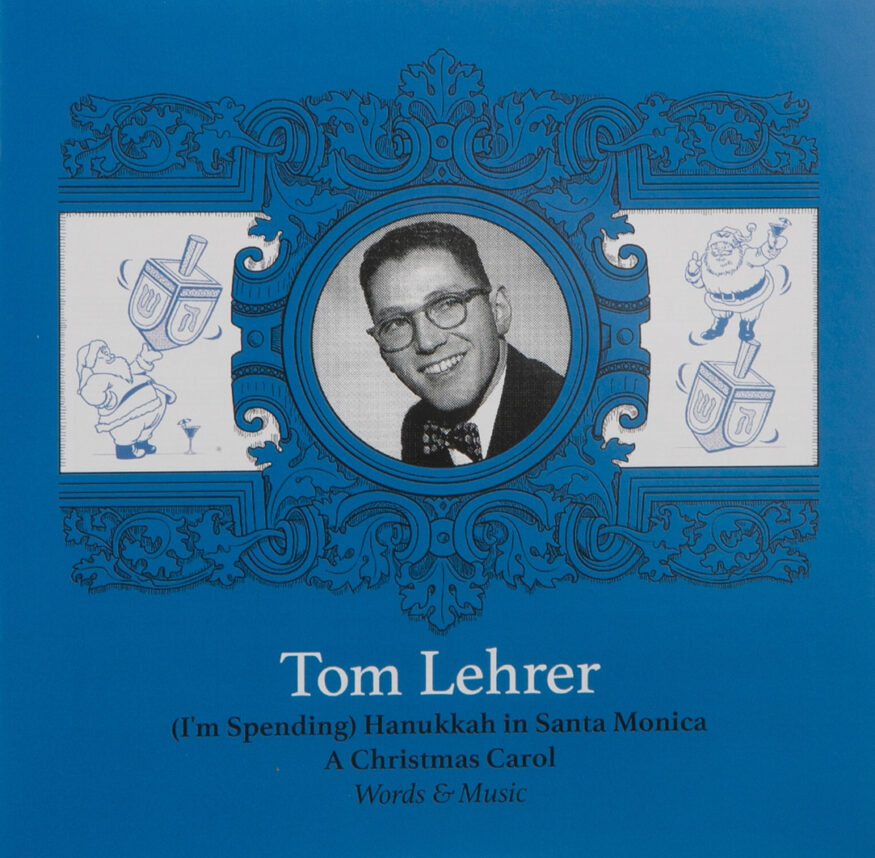Mammon is not in the Bible, where other words are used, such as hon ve-’osher be-veto, “Wealth and riches are in his house” (of the righteous) (Psalms 112:3), but it is very common in (Aramaic), Targumim and rabbinic literature. It may come from ma’mon “trust, deposit.”
In Christianity, however, Mammon* has been associated with covetousness of wealth, the seventh sin (Matthew 6:24: You cannot serve God and mammon).
In modern Hebrew, mamon is quite common with regard to financial and property business, such as mimmen, “financed”; mimmun, “financing”; mamonay, “financier”; mamoni, “monetary”; and dine’ mamonot, “civil (property) laws.”
*Some Hebrew-Aramaic names and nouns entered English (via Latin-Greek), from the New Testament, such as Thomas, “twin (brother)” and abba, “father.”
Yona Sabar is a professor of Hebrew and Aramaic in the department of Near Eastern Languages & Cultures at UCLA.





















 More news and opinions than at a Shabbat dinner, right in your inbox.
More news and opinions than at a Shabbat dinner, right in your inbox.